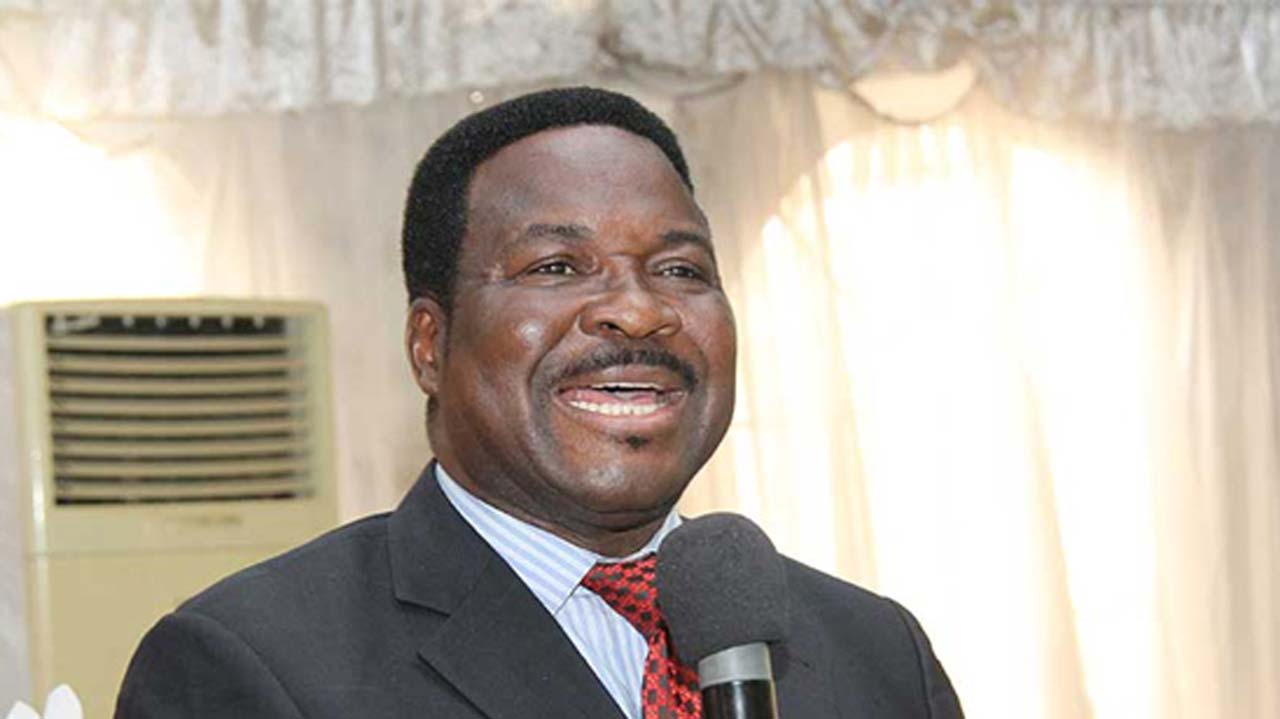Deployment of ”strong technology” and stiffer legal reforms have been advocated as measures to stop crude oil theft and piracy in Nigeria.
Senior Advocate of Nigeria, Professor Mike Ozekhome made the call on Wednesday while speaking as a panelist at one of the breakout sessions of the ongoing Nigerian Bar Association, (NBA) Annual General Conference at the National Stadium in Abuja
Professor Ozekhome added that serious legal reform to put stiffer punishment for crude oil theft will act as a deterrent to others and that government should legalise the illegal refineries that are in the Niger Delta region of the country.
The constitutional lawyer also blamed traditional rulers, the Economic and Financial Crimes Commission (EFCC) amongst others for the increase in crude oil theft in Nigeria.
The senior lawyer along with other panelists were discussing the topic, “The Impact of Maritime Security Threats on the Nigerian Economy: Nigerian Navy Perspective”.
He said that the Nigerian Navy had the mandate of protecting the territorial waters in the country with sophisticated equipment to carry out the responsibility.
“If you have a security man in your house and thieves invade your house, you will definitely blame the security man.
“The Navy is saddled with the responsibility of protecting our territorial waters of crude oil theft and so it cannot say it is free from theft of crude oil in the country.
“How can the Navy say that they do not know how a huge sea vessel will disappear from the high sea as if it is a spirit?
“These vessels that carry this stolen crude are escorted by security personnel, who are these personnel; is it not the Navy that responsibility,” Ozekhome asked.
He also accused top government officials of crude oil theft, saying that, the issue was like a situation where a non state actor became more powerful than the state itself.
“The people stealing the oil are government officials in collaboration with the Nigerian Navy. The Navy has the constitutional duty to protect the nation’s territorial waters and all the economic activities there in,” he said.
He called on the navy to name those behind the crude oil theft so that they could be shamed and prosecuted.
He also said it was imperative that Nigerian youths were given employment and empowerment as part of efforts to keep them legally engaged and free from crime.
”How can you arrest a vessel with crude worth billions of naira and only impose a fine of N500,000,” he wondered.
The lawyer called on government to legalise the illegal refineries in the Niger Delta region of the country to curb illegal refining.
For his part, Cdr. Obiora Anyikwa of the Nigerian Navy identified crude oil theft, smuggling and illegal refineries as major security threats in Nigeria’s maritime environment.
Anyikwa, however, said that due to the efforts of the navy, Nigeria had been removed from the list of piracy prone countries.
He enumerated some of the major challenges confronting the navy in the fight against piracy and crude theft to include participation of non state actors amongst others.
“Participation of non state actors undermine the authority of the navy in performing its duties.
“Lack of prosecutorial powers and lack of appropriate maritime legislations as well as lack of funding are some other challenges,” he said.
He said that empowering approval of maritime lawyers to prosecute maritime related cases in court would go a long way in making the job of the navy less tedious.
He identified maritime surveillance, response capacity and enforcement of maritime laws as the most efficient ways to curb the activity of pirates and oil thieves.
Also speaking as a panelist, Rear Adm. Patrick Effah decried the what he described as enormous misinformation about the navy with regards to crude oil theft in the media.
He agreed that corruption and compromise were some of the factors responsible for the thriving business of piracy and crude oil theft.
He also lamented that there were some forces in government that were making their job difficult.
According to him, when we arrest a vessel with abundant evidence of illegal crude, we are inundated with court orders to release such vessels.
” Even when they are prosecuted, very minimal fines are given and they are released,how can that be the fault of the navy?”
Effah said it was exigent to upgrade the maritime domain awareness capability for improved operational efficiency.
